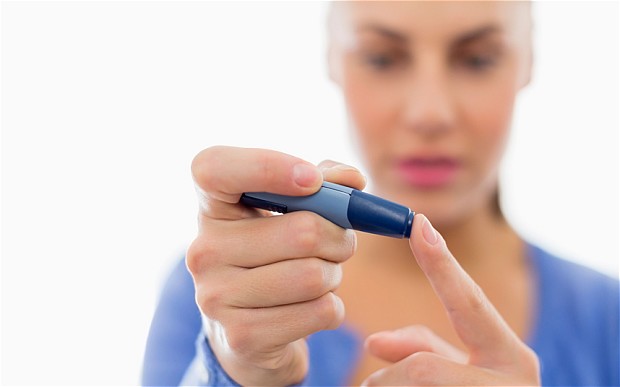
BGU Researcher May Have a Cure for Type 1 Diabetes
BGU Researcher May Have a Cure for Type 1 Diabetes
February 28, 2014
Sun Sentinel — Type 1 diabetes currently plagues 25.8 million Americans of all ages, about 8.3 percent of the U.S. population, according to the National Diabetes Information Clearinghouse.
All type 1 diabetics require insulin treatment, and while methods of insulin administration have improved, there have been no major advancements toward a cure for the disease in almost a century.
But BGU’s Dr. Eli Lewis believes this is about to change. He discovered that Alpha 1 Antitrypsin (AAT), an anti-inflammatory drug generally used to treat emphysema, not only shows promise for reducing insulin dependence – but in some cases can actually cure a person with type 1 diabetes.
“Tissue damage plays a role in type 1 diabetes, but it is often overlooked and understudied,” says Dr. Lewis, a world-renowned expert on autoimmune disease and the director of BGU’s Clinical Islet Laboratory in the of Department of Clinical Biochemistry and Pharmacology.

Dr. Eli Lewis (center) with researchers in his lab at BGU
In a recent clinical trial, several cases allowed proper glucose levels to be controlled without the need for insulin injections for more than two years.
An 11-year-old boy received the treatment in San Antonio, Texas within a month of being diagnosed with type 1 diabetes.
“He went from approximately 10 units of insulin per day [70 units per week] down to two units per week. So that is pretty significant,” says the boy’s mother. “Will he ever be off insulin completely? That is my hope, but we will have to see.”
In another public case, Andy David, consul general of Israel to the Pacific Northwest,accessed AAT for use in treating his 9-year-old daughter, who has been insulin-free for three years since her treatment.
While researchers are hopeful about the use of AAT, they emphasize that the benefits are currently more effective for patients who receive the plasma-based drug through infusions within three months of diagnosis.
Dr. Lewis noted it will take at least another two years for AAT to receive FDA approval as an on-label treatment for type 1 diabetes, but a handful of physicians have been prescribing it in the meantime as an off-label treatment.
He will be in the United States in late March and early April to talk about his findings and to look for additional medical research partners.
“We’re not out of the woods yet,” says Dr. Lewis. “More than ever, there is promise. Our team at BGU is working on this relentlessly, and hope the upcoming visit to the U.S. will represent a shift-in-gear to a more rapid advance.”
Read more on the Sun Sentinel website >>
Ongoing studies can be found at clinicaltrials.gov by typing “diabetes” and “Antitrypsin” into the search bar.
For more information about Dr. Lewis’ upcoming visits, please contact the Americans for Ben-Gurion University in your region.



